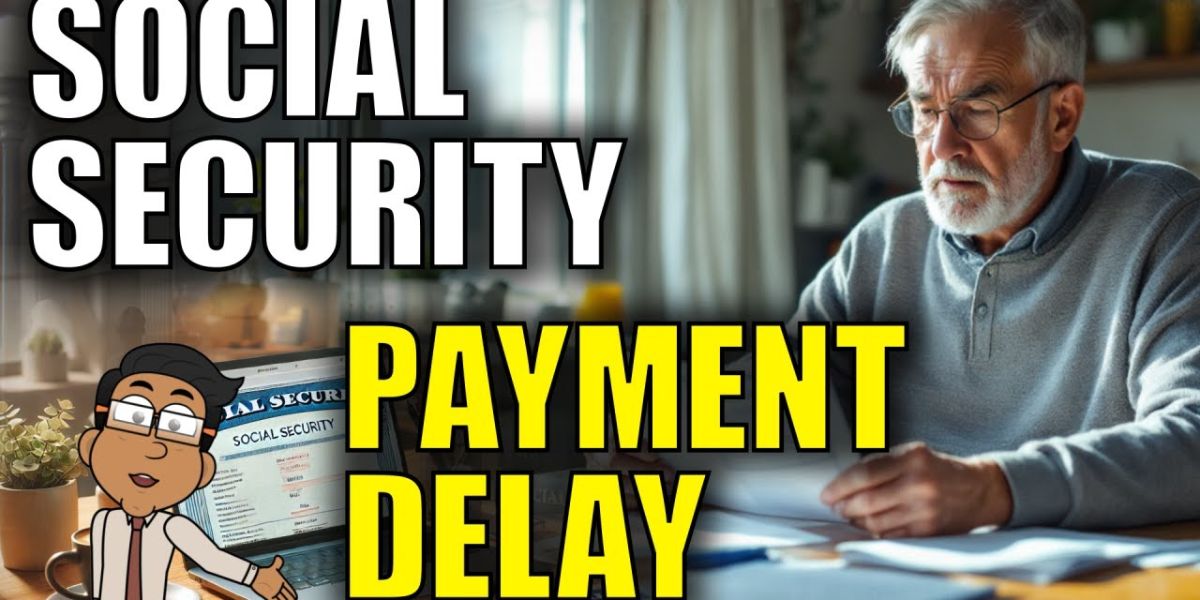If you own a home in Iowa, you might get a pleasant surprise after tax filing season. A new proposal from House Democrats could give you a $1,000 refund on your property taxes, putting real cash back in your pocket. The plan, outlined in House Bill 691, taps into the Iowa Taxpayer Relief Fund, which has a cool $3.75 billion waiting to be used.
Alongside this rebate, House Bill 916 aims to freeze property taxes for homeowners aged 65 and older, providing extra relief for seniors who’ve weathered decades of tax hikes. Supporters say it’s about time homeowners see meaningful savings. But there’s a catch: Republicans control the Iowa legislature, and while they’re also pushing for tax reform, their version focuses more on caps and credits than one-time payouts. The debate is heating up, just in time for tax season.
If the proposed House Bill 691 passes, eligible Iowa homeowners could begin receiving their $1,000 property tax rebates starting in fiscal year 2026, which begins on July 1, 2025. The bill outlines a rebate program running from July 1, 2025, through June 30, 2030, with the Iowa Department of Revenue overseeing the implementation and distribution of these rebates.
What Iowa’s new property tax rebate could mean for your wallet
Complaints about property taxes in Iowa aren’t exactly new—but they’re bubbling over now. Rep. Dave Jacoby, the top Democrat on the Ways and Means Committee, summed it up bluntly: “We haven’t seen a single tax break in years.” The goal of this new plan? Put some of that hard-earned money back into residents’ pockets, instead of watching it vanish into the tax abyss.
Still, it’s an uphill climb. With just 33 Democrats in the 100-seat Iowa House, their chances of pushing this plan through the Republican-heavy legislature are about as slim as a budget spreadsheet without errors. If it does move forward, the cash would come from the Iowa Taxpayer Relief Fund, which is sitting on a hefty $3.75 billion. Jacoby believes that pot is big enough to cover rebates for at least three to five years, giving lawmakers enough time to cook up a sustainable long-term fix—assuming they can agree on the recipe.
Iowa’s got a rain check fund
When it comes to financial foresight, Iowa isn’t just playing in the cornfields—it’s playing it smart. The state has a Taxpayer Relief Fund, a kind of “break glass in case of tax emergency” stash, created back in 2011. This fund collects surplus property tax revenue, and instead of letting it gather dust, it’s meant to dish out steady, long-term relief for Iowa homeowners.
So why are property taxes climbing in the first place? A big reason is that certain service costs were shifted to local governments, and that bill eventually landed on homeowners’ doorsteps. This shift came under the watch of Iowa’s Republican-led state government. House Speaker Pat Grassley explained that the GOP’s plan is to tap into that very relief fund to help cover the state’s budget in the coming years. Translation: instead of keeping the fund in the piggy bank, they’re looking to crack it open for big-ticket items.
Concerns from the GOP camp and their counterproposal
Speaker Pat Grassley has voiced some hesitation about handing out rebates straight from the Relief Fund. He said he’s curious to see what the final cost of the plan will be and how it might affect Iowa’s 3.8% income tax cut, which the fund already helps support when unexpected costs pop up. In other words, the GOP doesn’t want to burn through its safety net before it rains.
To show they’re not just sitting on their hands, House and Senate Republicans launched their own pitch, complete with public input sessions.
Their proposal, tied to House Bill 691, aims to limit future property tax growth to 2% —a kind of fiscal speed bump for runaway levies. It also shifts $400 million in school funding from property taxes to the state budget, giving homeowners some breathing room. But there’s a catch: they also want to eliminate the current property tax credits, meaning it’s less of a giveaway and more of a rebalancing act. Think of it as tax relief with a few fine-print footnotes.






